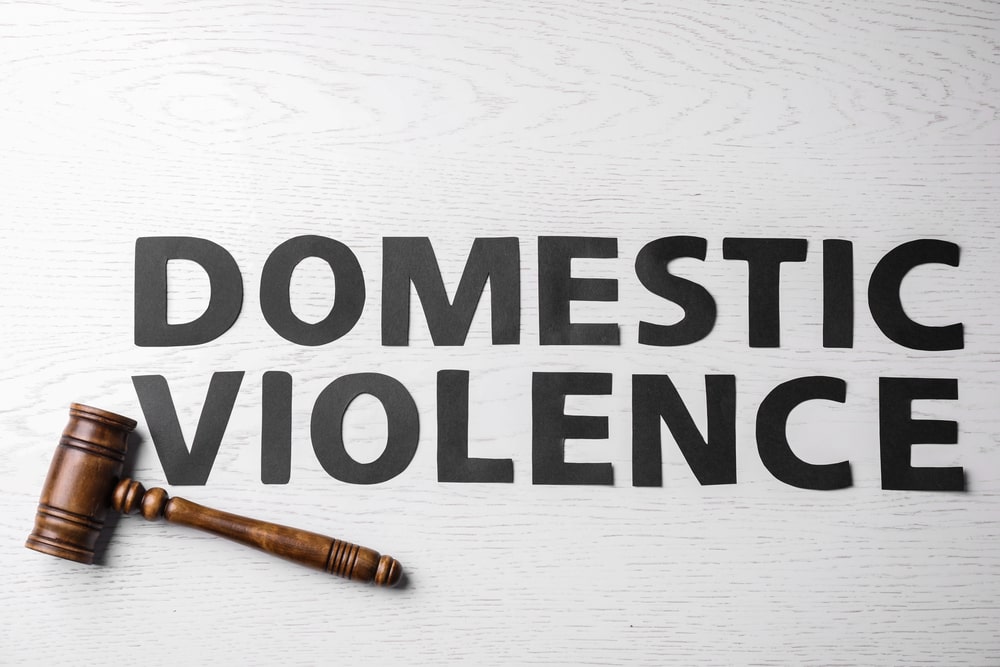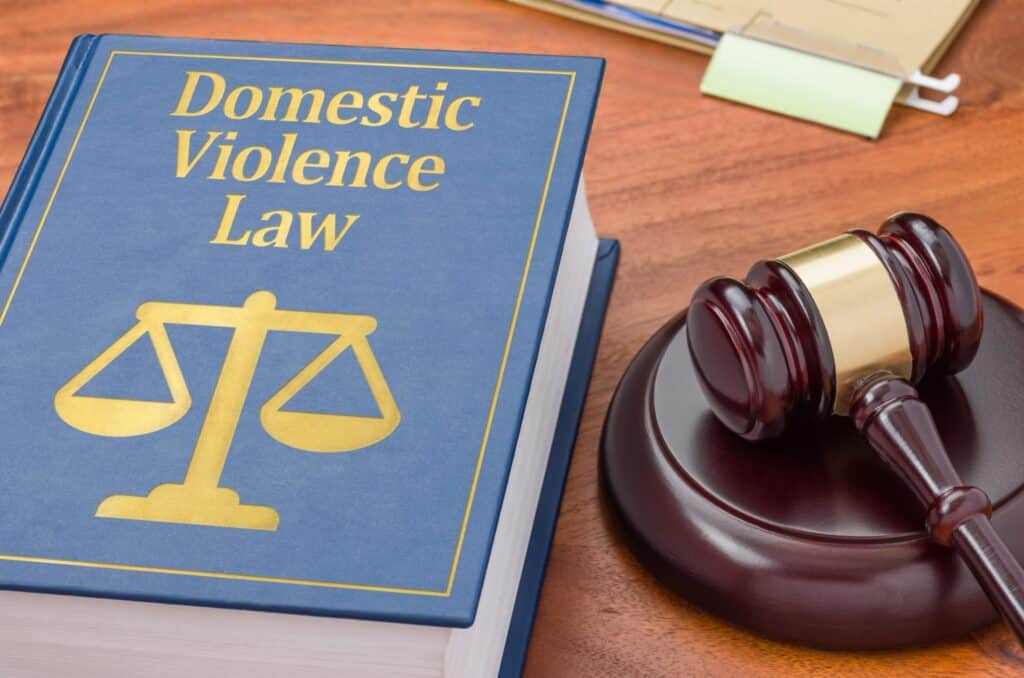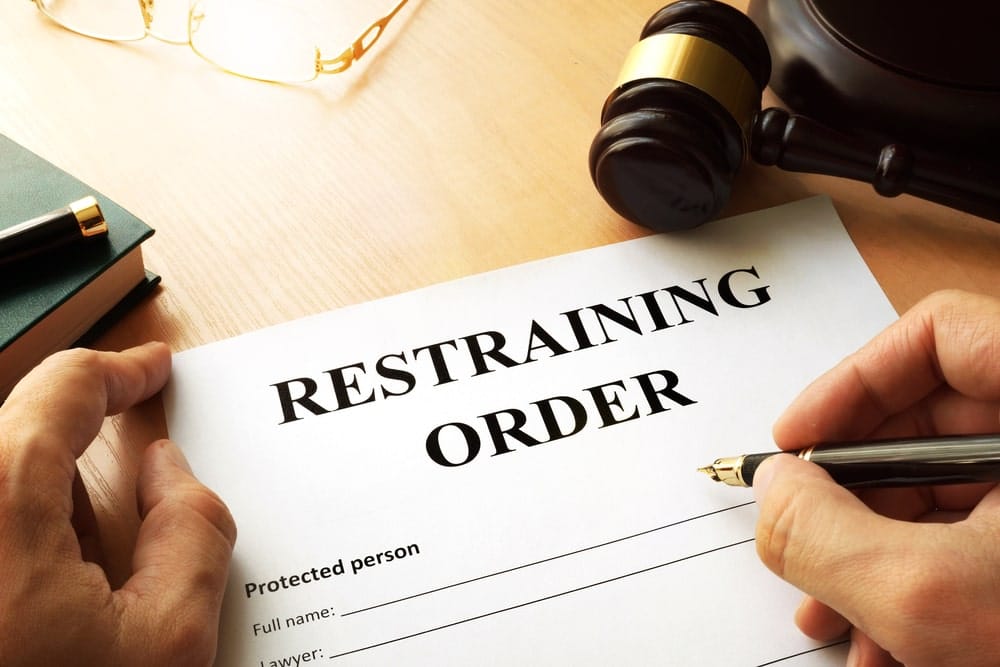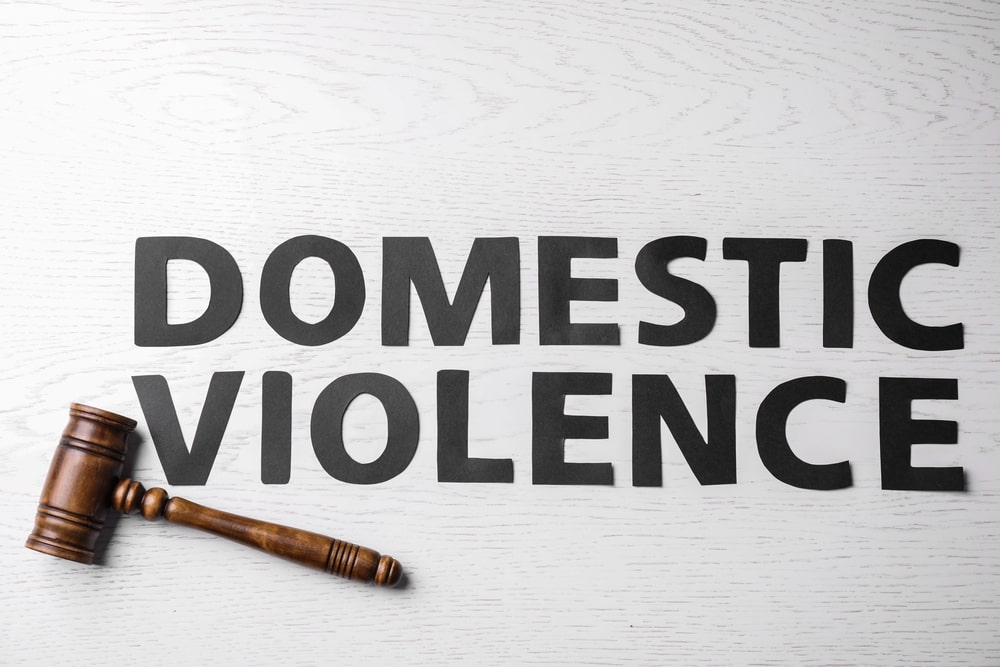With the simultaneous rise of the internet, smartphones, text communication, social media and other technological gadgetry, it’s safe to conclude that there are many more ways to harass and bully others than in the past.
In the not-too-distant past, harassment was limited almost entirely to in person interactions. There was always the possibility of encountering abuse from a local bully, or a disgruntled former employee, or other person with whom you had regular contact at some point.
Now, technology has completely changed the way we communicate, and increasingly we see in person interaction being replaced by communication via electronic devices, such as tablets and smartphones.
This change in communication has also led to a change in how harassment, bullying and stalking takes place as well. Even when we alter our methods of communication, it seems that we retain most of our core traits, foibles and impulses.
The change in communication methods leads us to an important issue:
- how do we regulate behavior which occurs via electronic media? If, for instance, a person engages in harassment via text message communication, how will that harassment be classified, defined and punished?
- Similarly, how will instances of cyberbullying and cyberstalking be treated under Maine law?
Fortunately, the State of Maine has made great strides in this arena; most of the fundamental questions in this area have already been handled, although there are certainly some issues which remain to be fully clarified.
In this post, we will cover the current statutory definition of harassment via telephone or other electronic communication device, as well as stalking (both electronic and non-electronic). We will also go over the criminal classifications and punishments.
Dealing with an allegation of harassment or stalking is a serious matter. If you need assistance, don’t hesitate to contact the Maine Criminal Defense Group today by calling 207-571-8146.
[lwptoc width=”full” titleFontSize=”1.4em”]
Call 207-571-8146 or contact us online to schedule a consult with one of our highly skilled criminal defense & OUI lawyers, serving Southern Maine, today.
Harassment by Telephone or by Electronic Device
Overview of Crimes
Title 17-A, Part 2, Chapter 21, § 506 deals with “harassment by telephone or by electronic communication device.” In addition to laying out the various criminal offenses, this section also provides a formal definition of “electronic communication device,” as we will discuss later.
The first offense described in this section refers to any communication which involves any unwanted coarse language or obscenities. Thus, if a person sends an obscene text message to another person without their consent, this would fall under this category. The next offense is a subcategory of this first offense, and it describes communication sent to someone of a certain age, or to someone with a mental disability.
If, for instance, someone sends a sexually explicit message to someone under the age of 14, or between 14 to 15 and the sender is minimally 5 years older, or the recipient has a mental disability known to the sender, this would qualify as “harassment.”
Maine law also describes the act of sending an image of one’s genitals (i.e. “sexting”) as harassment provided that the communication is unwanted. The next series of harassment offenses described in Maine law (in subparagraphs B through E) refer to non-sexual harassment.
Multiple forms of behavior are described: communications which have the intent to annoy, abuse, or threaten the recipient; repeated communications which have no functional purpose; or allowing one’s devices to be used for the purpose of harassment (which can take the form of any of these behaviors).
The phenomenon of using electronic communication devices to disseminate sexually explicit images (“sexting”) is still relatively novel, and so Maine law can likely be thought of as “ahead of the curve” in this manner.
Call 207-571-8146 or contact us online to schedule a consult with one of our highly skilled criminal defense & OUI lawyers, serving Southern Maine, today.
Definition of Electronic Communication Device
Given that electronic communication devices are central to this section, Maine law provides a formal definition of this concept.
According to Maine law, this concept includes any electronic device or digital product capable of transmitting messages at a distance and allows the owner to engage in the conduct described above.
Hence, according to this definition, a tablet computer would qualify, as would a regular landline telephone, a smartphone, and so forth.
Classification & Jurisdiction
For first offenses, all but one of the offenses discussed above are classified as Class E crimes in the State of Maine. The one offense which is classified as a Class D crime is harassment against a minor or a person with mental disabilities.
Under this section, Maine law also outlines the jurisdictional qualifications of these offenses. Maine law allows these crimes to be prosecuted either in the county in which the defendant was located when sending communications, or the county in which the victim was located.
Call 207-571-8146 or contact us online to schedule a consult with one of our highly skilled criminal defense & OUI lawyers, serving Southern Maine, today.
Stalking
Overview of Crimes
The term “stalking” frequently shows up in casual conversation, and most people have a common-sense definition of its meaning. When most people think of stalking, they think of recurring unwanted advances from a romantic suitor, or frequent abusive contact from a jilted lover.
For the most part, these common-sense notions of stalking are accurate, but Maine law has the task of formally codifying and structuring the crime of stalking. Under Title 17-A, Part 2, Chapter 9, § 210, Maine describes all the circumstances which fall under the category of stalking.
Under current law, stalking is defined primarily by the effects produced by a person’s conduct, rather than the conduct just by itself. In other words, stalking occurs when someone’s behavior produces certain effects, although that same behavior might not necessarily be categorized as stalking in another context.
If conduct or a course of conduct causes someone to feel one of the following things, then the behavior may be stalking:
- serious inconvenience or emotional distress,
- fear of bodily injury or fear of bodily injury to a relative,
- fear of death or fear of death to a relative,
- fear of damage or destruction to property, or
- fear of injury or death to an animal.
Again, certain behavior may be classified as stalking in a certain context, but in another it may not be classified as such. For example, a person’s remarks may have a different effect depending on the relationship between the speaker and the listener.
Or, a single remark or act may not necessarily produce one of these effects, but repeated remarks or acts may produce one of these effects.
As with so many things in law, the facts of a particular situation have very high importance on legal categorization. Extreme examples will basically always be easy to categorize or define, but edge cases will always hinge on the most minute details of a given situation. Let’s consider a hypothetical case: suppose a young couple goes through a difficult breakup. One partner finds out that the other has been unfaithful, causing the partner to lash out.
When the unfaithful partner is confronted, the other partner makes a single remark about causing injury to the unfaithful partner’s dog. Then, one week later, the unfaithful partner receives a text message from the other partner in which another threat against the dog is made. In this situation, has stalking occurred?
This may be an edge case, because the context may lead someone to think that the ex-partner is simply venting difficult emotions, rather than making a serious threat. But, for various reasons, the other partner may have a legitimate basis for taking the threats seriously.
There is a logic in discussing stalking side by side with harassment via electronic devices, because in today’s society stalking often occurs electronically. Today, so-called “cyberstalking” is likely the most common manifestation of stalking.
Whereas before, in previous eras, stalking only occurred via in person interaction, current technology – social media, text messaging, etc. – dictates that most instances of stalking take place via electronic communication media.
Although Maine statutory law doesn’t specifically mention cyberstalking in its main paragraph, we know from case law that cyberstalking is classifiable as stalking. The use of devices is mentioned in the additional paragraphs, but not the primary paragraph. In addition, and in certain extreme instances, the federal government can prosecute a person for cyberstalking.
While rare, it is not unheard of for the US Attorney’s Office in Maine to prosecute an individual for cyberstalking when it’s taken to the extreme.
In these cases, the basis for prosecuting an individual for cyberstalking is where a person crosses state lines for the intent to kill, injure harass or intimidate another person, or uses the US Mail or a computer service to do the same. You can learn more about federal cyberstalking cases by reading the Violence Against Women Act of 2005.
Call 207-571-8146 or contact us online to schedule a consult with one of our highly skilled criminal defense & OUI lawyers, serving Southern Maine, today.
Important Definitions
Maine law provides definitions of key concepts which are necessary in order to gain a full understanding of this section. Specifically, Maine law defines the concepts “course of conduct,” “close relation,” “emotional distress,” and “serious inconvenience.”
In the context of this section, a “close relation” is a current spouse, former spouse, current romantic partner, blood relative (i.e. parent, child, sibling), stepparent or stepchild, grandparent, or any other person with whom the victim shares a close personal or professional association.
In addition, “emotional distress” means suffering as demonstrated by anxiety, fear, or apprehension, and these things may be clearly identified by either physical symptoms or mental health treatments. Furthermore, a ”serious inconvenience” refers to a situation in which a person has to significantly modify his or her behavior in response to the stalking behavior.
So, for instance, if a person has to change his or her phone number, or physically relocate his or her place of residence, this may qualify as a serious inconvenience.
Classifications
The five sets of circumstances identified in the primary subparagraph are classified as Class D crimes. This is for a first conviction. If the offender has a prior conviction or convictions, then the crime is classified as a Class C crime. Maine law states that stalking against an “identifiable group” is a more severely punishable offense than a normal offense (under paragraph D).
This type of offense is classified as a Class C crime, and repeated convictions will be classified as a Class B crime.
Class C crimes are punishable by a maximum penalty of up to 5 years in prison, and a fine of up to $5,000.00.
Class B crimes are punishable by a maximum penalty of up to 10 years in prison, and a fine of up to $20,000.00.
Call 207-571-8146 or contact us online to schedule a consult with one of our highly skilled criminal defense & OUI lawyers, serving Southern Maine, today.
Summary: The Increasing Rates of Cyberbullying
As mentioned, cyberstalking is increasingly taking the form of electronically-based behavior. More and more, we are seeing instances of “cyberbullying” via social media, such as Facebook, Instagram, Twitter and other popular media.
Cyberbullying is also occurring through text messaging, and also video messaging through media such as Snap Chat and other smartphone-based applications. Readers should take away that this type of behavior can definitely be classified as stalking.
In many cases, people engage in bullying behavior via electronic communication devices with the assumption that this cannot trigger serious repercussions. This assumption is clearly mistaken. People can commit serious offenses using electronic communication devices; this means harassment, and stalking.
Call 207-571-8146 or contact us online to schedule a consult with one of our highly skilled criminal defense & OUI lawyers, serving Southern Maine, today.
Contact the Maine Criminal Defense Group for More Information
Technology has advanced by leaps and bounds, and with all the advancements comes a great deal of complexity. These devices have literally altered our way of life, and the alterations have been positive in many ways. But, with these advancements we’ve also seen new opportunities for abuse and misuse, and that’s essentially what we’ve described here.
Whenever a new technology is introduced, there will always be those who use it for darker purposes. This has clearly been the case with electronic communication devices, as we’ve seen new forms of harassment, bullying and stalking.
As such, the State of Maine has kept abreast with the pace of change and has developed its criminal code accordingly.
On the other hand, just because the State of Maine has codified things in the way in which we’ve discussed doesn’t mean all ambiguity or uncertainty has been removed. When it comes to determining whether a given instance of communication falls into the category of harassment, there is always the possibility that someone can make an argument for either side. Part of understanding precisely how particular instances are categorized comes down to familiarity with previous cases. This is where the expertise of an experienced criminal defense attorney comes into play.
If you’ve been accused of electronic harassment, or stalking, contact an experienced attorney today for professional assistance. Give the Maine Criminal Defense Group a call today at 207-571-8146 to learn more.
Call 207-571-8146 or contact us online to schedule a consult with one of our highly skilled criminal defense & OUI lawyers, serving Southern Maine, today.
Blog Posts

Defending Maine domestic violence charges Being charged with domestic violence in Maine is a serious legal matter with consequences that can impact your freedom, reputation, and future. Whether the allegation[...]

A domestic violence conviction can have serious consequences in Maine Assault, criminal threatening, and reckless conduct in domestic settings can all be classed as domestic violence in Maine—and criminal charges[...]

Defending those accused of domestic violence in Southern Maine Assault, criminal threatening, and reckless conduct in domestic settings can all be classed as domestic violence in Maine—and criminal charges can[...]

Sexual assault and sexual battery both refer to criminal offenses where a victim does not provide consent to sexual contact. This contact may or may not involve penetration, force, violence,[...]

The domestic violence and stalking laws in Maine are currently being updated to address some shortcomings in the previous laws and to add clarity for both victims and accused parties[...]

In recent years, convictions for domestic violence offenses in Maine have increased as state prosecutors rigorously pursue cases. This has led to harsher penalties for offenders, which makes it even[...]

Crimes of domestic violence in the state of Maine can be confusing. This is because crimes of domestic violence are really just other crimes, like assault or battery, when those[...]

A protection from abuse order (PFA) can make it illegal for an individual to contact you or your children in the state of Maine. Filing a PFA is often a[...]

Protection from Abuse Orders (PFAs), such as restraining orders and no-contact orders, are frequently issued by the courts in domestic violence cases in Maine but are often confused. No contact[...]

This article was updated March 6, 2025 Oftentimes what I see in these domestic violence situations is that a husband and wife get in a fight. They love each other[...]


